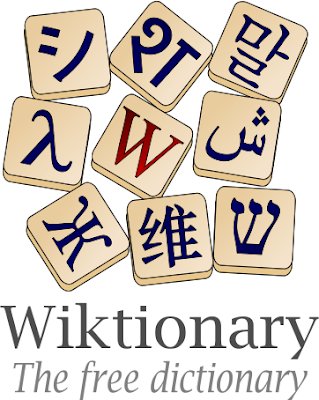Development, Part 0
Lenin and the
GOELRO Plan, by Pavel Filonov
Development Is Ours
Introduction to a 10-part Course: “Development, Rural and Urban”
Next week, after
Easter, SADTU Political Education Forum begins posting a ten-part course on Development (Rural and Urban). This will be the second of four
ten-week courses to be run through this e-mail channel, and blog,
in 2013.
Some Relevant Quotations on “Development”
The history of all
hitherto existing society is the history of class struggles.
Marx/Engels, Communist Manifesto, 1848
Communism = Soviet
Power + Electrification
V I Lenin, 1921
What we want is to
combine in our process of inquiry the action of the forms of thought with a
criticism of them. The forms of thought must be studied in their essential
nature and complete development:
they are at once the object of research and the action of that object. This is Dialectic, instead of being
brought to bear upon the categories from without, it is immanent in their own
action.
G W F Hegel, Shorter Logic (1830)
“When I use a word,
Humpty Dumpty said, in rather a scornful tone, it means just what I choose it
to mean, neither more nor less.”
“The question is,”
said Alice, “whether you can make words mean so many different things.”
“The question is,”
said Humpty Dumpty, “which is to be master, that’s all.”
Lewis Carroll, Through the Looking-Glass, 1871
“The free development
of each is the condition for the free development of all”
Marx/Engels, Communist Manifesto, 1848
Development
“Development”, like many other powerful words, including
“Freedom” and “Democracy”, had a meaning in revolutionary philosophy long
before it had a vulgar bourgeois economists’ meaning.
Part of the purpose of our studies is therefore always, and
with deliberation, to reclaim the political language that our revolutionary
predecessors pioneered and left to us, and to take it back from the bourgeois
demagogues who constantly try to steal it.
Development is the interior unfolding of a unitary
phenomenon or system, propelled by the struggle of opposites within it.
Development is the essence of dialectics. It is dialectics in motion. It is the
essence of change. This revolutionary meaning of the word “development” is the
only one that has a clear definition and an intentional purpose. It means the
development of people.
The vulgar economists’ definition of the word “development”
is a vague gesture in the direction of more infrastructure, lowering the cost
of doing business, a higher GDP, and other such “indicators” or presumed
generally-beneficial goods expediently selected to suit the occasion. In the US
slang, it is “motherhood and apple pie”.
On grander occasions, the brandished indicators may be an
internationally-endorsed set of arbitrary “development goals”, which, though
globally celebrated, nevertheless fail to rise above the ad hoc and the eclectic, because they continue to evade the
dialectical meaning of “development”.
The obfuscation of the word “development” is as deliberate
as our attempts to clarify it. This is because in actual human society,
development is class struggle, with winners and losers. There is no such thing
as a “win-win” class struggle. There is no such thing as a “tide that lifts all
the boats”. Some of the boats are tied to the bottom.
Bourgeois economists, and Imperialism generally, although it
has manifestly failed worldwide to employ even half of the people and to
provide for them adequately, are obliged to pretend that there can be such a
thing as generally-beneficial development that does not challenge the
capitalist system.
Hence they have stolen our word and hidden its true meaning,
in an attempt to deceive us. We must take it back.
The picture is Filonov’s
representation of Lenin and the ground-breaking “GOELRO” plan that included the
electrification of the Soviet Union.
- To download the full Development, Rural and Urban
course in PDF files, please click here
















